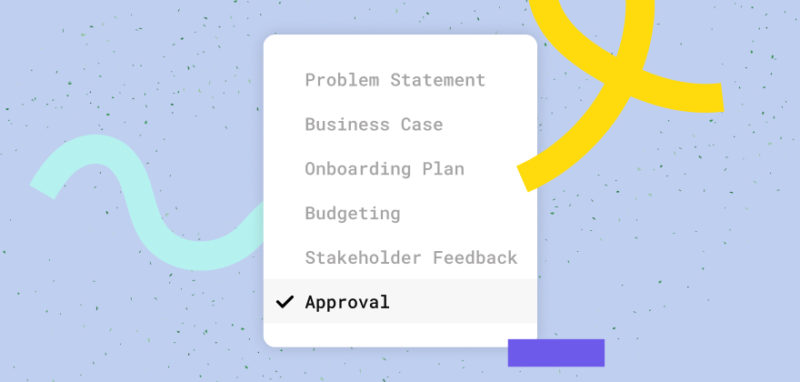Resource hub
Hired Blog
Explore the latest announcements for the Hired platform, articles for the tech and sales job search, and guidance for recruiting top talent.

Hired Product Updates Improve Candidate Matching, Facilitate Global Hiring, & More
Hired 2024 Winter Product Releases Roundup Our team is continuously working to improve the...

How Many Candidates Should You Interview for a Job? Hiring Best Practices
A lot of hiring managers ask, “How many candidates should you interview for a job?” What the...

The Future of Tech Hiring: 8 Bold Predictions for 2024
Pick your metaphor. A rollercoaster. Whiplash. A yo-yo. A pendulum. The last twelve months in tech...

The Shifting Landscape of Software Engineering Specializations in 2024
The tech industry is in a state of cautious optimism following a tumultuous year. Understanding...

Software Engineer Tech Skills in Demand: Upskilling Support Advice
In the first installment of our 2024 Software Engineer Trends series, we highlighted new data on...

Hired Earns 12 G2 Awards for Spring 2024 in Job Search Sites, Recruiting Automation, & Diversity Recruiting
We’re thrilled to enter the Spring season with more awards from G2. What makes these accolades so...

Improving TA Processes, Connecting Recruiting to Brand Experience, & More: Talk Talent to Me March ’24 Recap
March’s episodes of Talk Talent to Me feature a few episodes with a lot of insights. These leaders...

AI Leads to More Human-Centric Recruitment & Hiring (What!?)
Leading the way to streamlined & people-focused processes AI is more than just an ongoing...

DEIB in 2024: No Longer Important in Tech Hiring?
One step forward, two steps back: the consequences of deprioritizing DEIB initiatives It’s...

How to Secure Approval for New Tech Tools (Free Template)
What You’ll Learn The specifics around what your tool request should address How a FinOps...

Hired Partner, Remote: Onboard, Pay, and Manage Workers Around the World
Remote’s best-in-class global HR and employment solutions provide the best experience for you and...

Get Internal Approval for Recruiting Tools: A Step-by-Step Playbook
About this eBook Your team has big goals and you’ve identified a new recruiting tool to...
Employ your potential
The most efficient way to fill tech and sales roles today
Unbiased insights, DEI tools, skills assessments, and more
Top companies and the best talent
